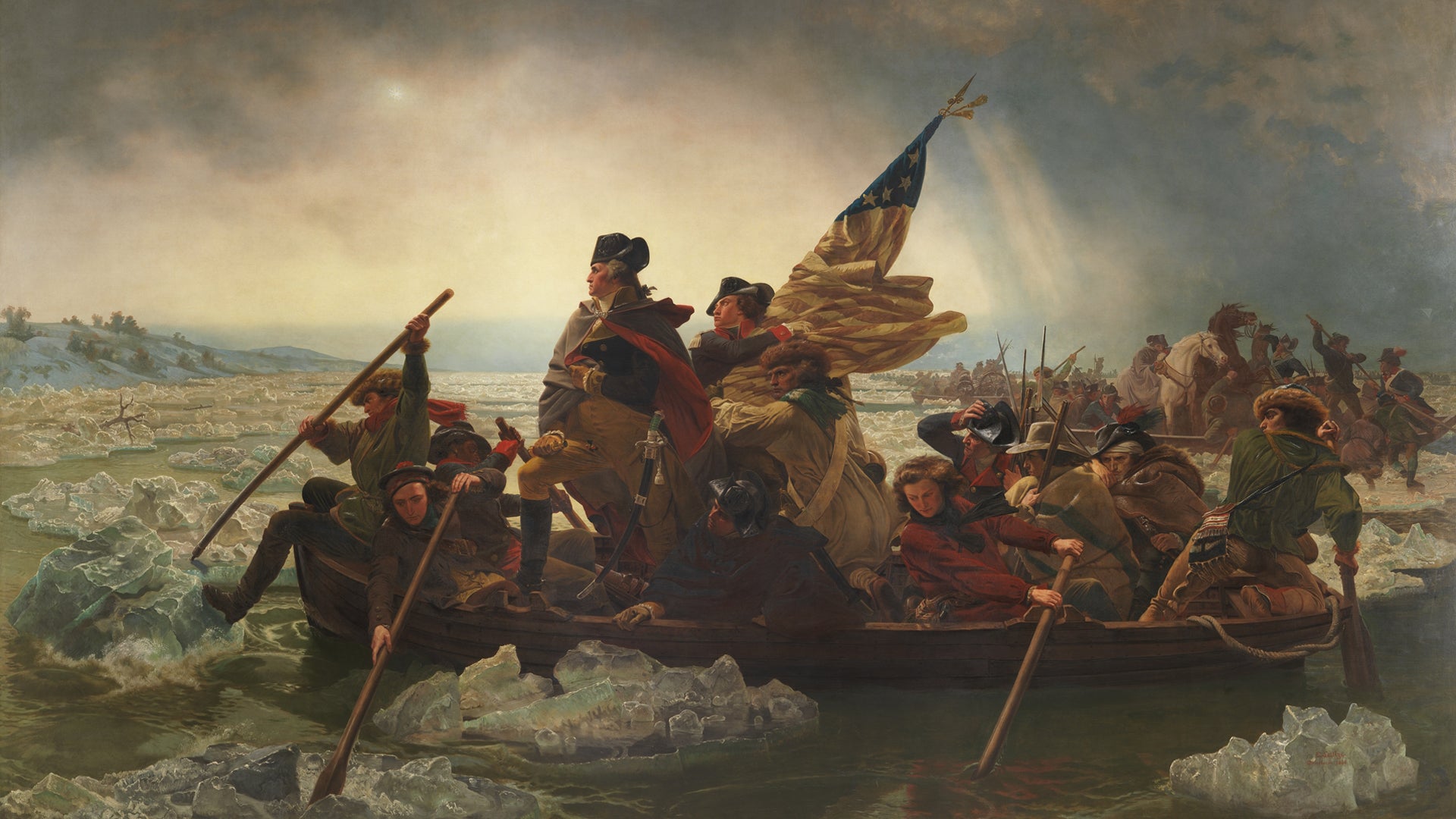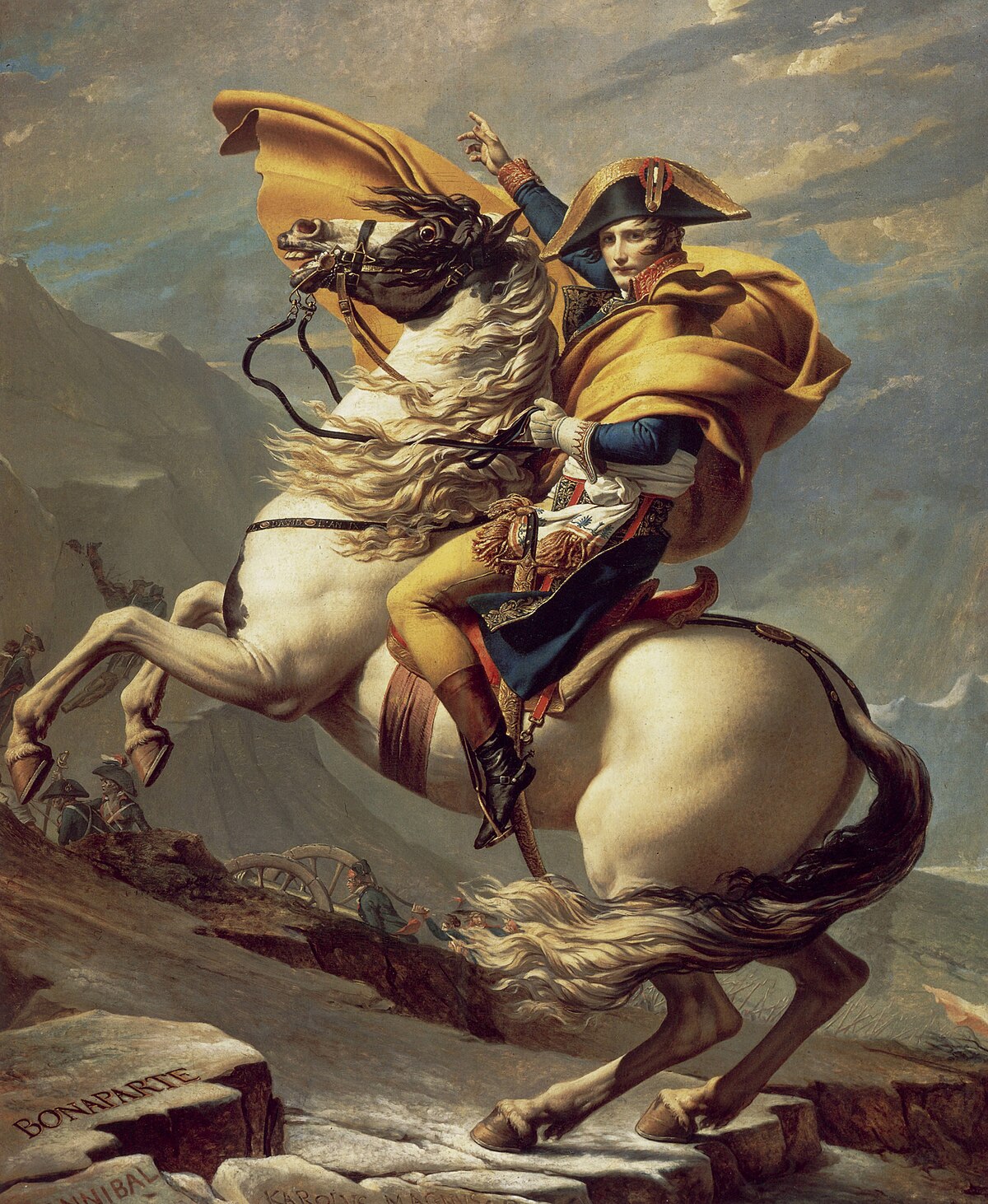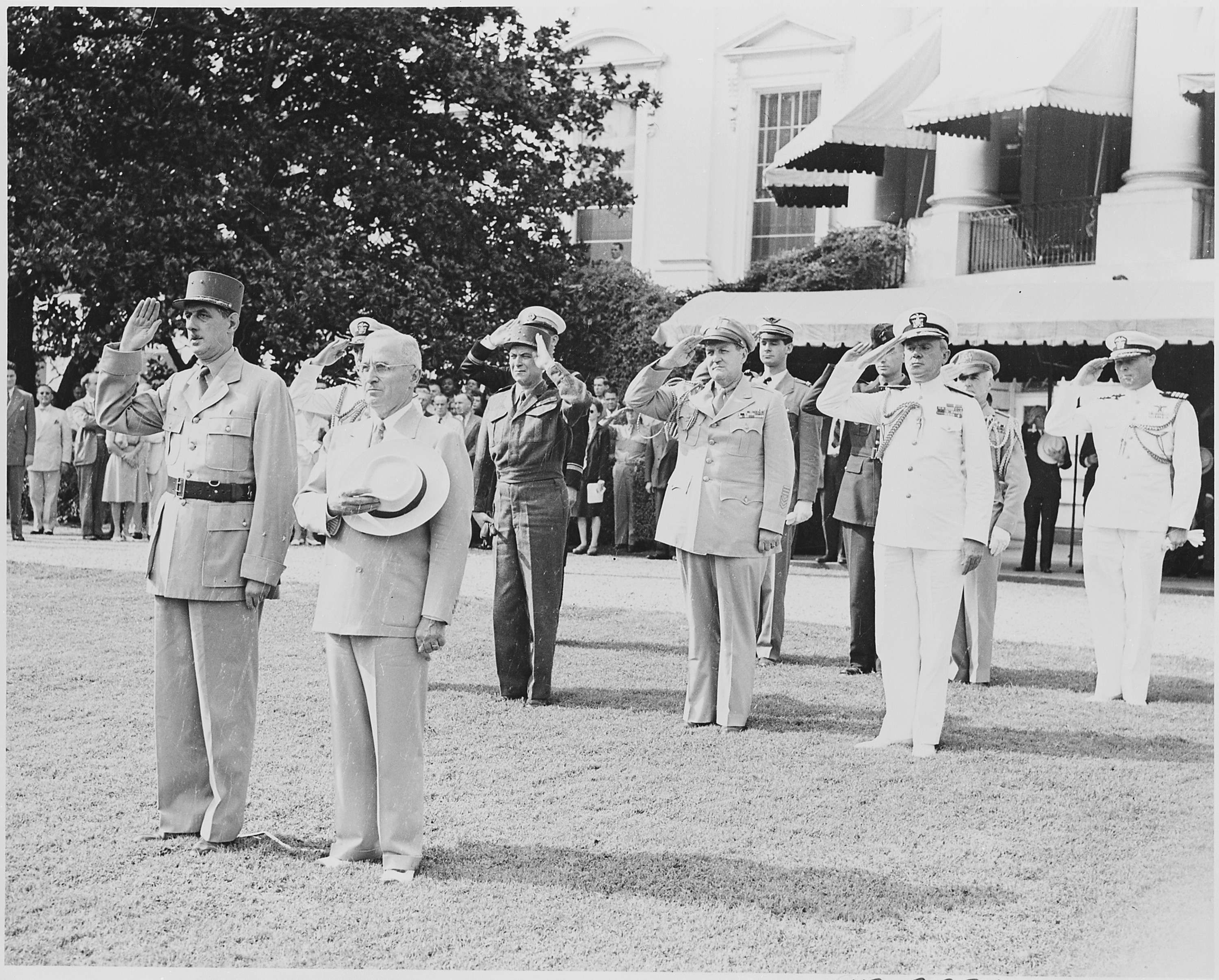The political relationship between France and the United States is a complex and multifaceted one, shaped by
centuries of diplomacy, conflict, cooperation, and cultural exchange. From the early days of the American
Revolution to modern geopolitical dynamics, the history of Franco-American relations reflects a deep and
evolving partnership, albeit one with periods of tension and disagreement. Below is a very broad overview of the
history of political relations between France and the United States.
1. Early Ties and the American Revolution (1775-1783)

The first significant chapter in Franco-American relations came during the American Revolution. In the late 18th
century, the French monarchy, under King Louis XVI, sought to weaken Britain, its longstanding rival, by
supporting the American colonies in their fight for independence. France provided crucial military and financial
assistance to the American Revolutionaries, with French troops, naval support, and substantial loans playing a
pivotal role in securing American victory.
The most notable moment in this period was the French alliance with the United States, formalized in the Treaty
of Alliance in 1778. The French military leader Marquis de Lafayette became a symbol of French-American
friendship, and French generals like Rochambeau helped lead American forces to victory in key battles, such as
the decisive Siege of Yorktown in 1781. However, despite the military support, France’s motivations were largely
pragmatic, seeking to weaken Britain rather than a wholehearted commitment to American ideals of liberty.
2. Post-Revolutionary Tensions and the Quasi-War (1790s)
 Image courtesy of Encyclopedia Britannica
Image courtesy of Encyclopedia Britannica
After the United States achieved independence, the relationship between the two countries became strained.
France, undergoing its own revolution in 1789, faced political upheaval, while the U.S. struggled to assert its
role on the global stage. The French Revolution initially inspired many in the United States, especially among
pro-French factions like the Democratic-Republicans, led by Thomas Jefferson. However, the rise of radicalism in
France, particularly the Reign of Terror, caused alarm in the U.S. and polarized American opinion.
Tensions worsened in the 1790s, particularly over issues such as American neutrality in European conflicts.
France, engaged in wars with Britain and other European powers, expected U.S. support, but the Washington
administration, under President George Washington, sought to remain neutral. This led to a diplomatic crisis and
the so-called "Quasi-War" (1798-1800), an undeclared naval conflict fought primarily in the Caribbean, marked by
skirmishes between the U.S. Navy and French privateers. The conflict ended with the Convention of 1800, which
restored peace between the two nations.
3. The Napoleonic Era and the Louisiana Purchase (1800-1815)

Despite the tensions of the 1790s, the early 19th century saw a period of relative cooperation between France
and the United States. One of the most significant events in Franco-American history occurred in 1803, when
Napoleon Bonaparte, seeking to raise funds for his European campaigns, sold the Louisiana Territory to the
United States for $15 million. The Louisiana Purchase, which doubled the size of the U.S., was a major turning
point in U.S. expansion and marked the beginning of a new chapter in Franco-American relations.
Napoleon’s ambitions in Europe, however, eventually led to renewed conflict. The U.S. remained neutral during
the Napoleonic Wars, but France’s aggressive policies and Britain’s blockade of American trade led to tensions
that contributed to the War of 1812 between the United States and Britain. Despite the war's focus on British
maritime policy, French diplomacy and the balance of power in Europe influenced the American context.
4. The 19th Century: From Alliances to Antagonism
After the Napoleonic Wars, the 19th century saw the relationship between France and the U.S. become more stable,
though not without occasional tensions. France supported American territorial expansion, particularly during the
period of Manifest Destiny, when the U.S. pursued westward expansion across North America. However, France’s own
imperial ambitions in places like Mexico and Indochina sometimes put it at odds with U.S. interests.
The 19th century also saw the rise of American isolationism, as the United States increasingly sought to avoid
entanglement in European affairs. This was epitomized in President James Monroe’s 1823 Monroe Doctrine, which
declared that European powers should not interfere in the Western Hemisphere. France’s territorial ambitions in
the Americas, particularly in Mexico during the 1860s, tested this principle, leading to diplomatic
disagreements.
5. World Wars and the 20th Century (1914-1945)

The relationship between France and the United States evolved dramatically in the 20th century, particularly
during the two World Wars. In World War I, the U.S. entered the conflict in 1917, providing critical support to
the French and their allies on the Western Front. The U.S. played a decisive role in turning the tide of the
war, and French-American solidarity was solidified by the sacrifices made on the battlefield. The American
Expeditionary Forces, under General John J. Pershing, fought alongside French and British troops, and President
Woodrow Wilson’s post-war vision, expressed in his Fourteen Points, sought a lasting peace in Europe. Though the
Treaty of Versailles was marked by disputes, the U.S. and France shared a common interest in maintaining
stability in Europe.
World War II presented an even more profound moment in Franco-American relations. The U.S. provided vital
assistance to France in the form of the Lend-Lease program, which helped to bolster French resistance to Nazi
Germany’s occupation. The D-Day landings of June 6, 1944, led by General Dwight D. Eisenhower, marked the
liberation of France and the culmination of the U.S. military’s commitment to France’s independence. This
victory, along with the establishment of NATO in 1949, further cemented the U.S.-France alliance in the post-war
world.
6. Cold War Rivalries and Cooperation (1945-1991)
Following World War II, France and the United States remained important allies during the Cold War, though their
relationship became increasingly complex. France, under President Charles de Gaulle, pursued an independent
foreign policy that sometimes put it at odds with the U.S. De Gaulle’s decision to withdraw France from NATO's
integrated military command in 1966 and his opposition to U.S. actions in Vietnam reflected his desire for a
more autonomous role for France in global affairs.
Despite these tensions, both countries remained aligned against the Soviet Union during the Cold War, with
France playing an essential role in European security. The U.S. and France cooperated closely on issues such as
nuclear disarmament, and the two countries were key players in the founding of the European Union, which helped
to further align their interests within the context of broader Western geopolitical strategies.
7. Modern Relations and Challenges (1991-Present)
The end of the Cold War did not mark the end of Franco-American cooperation, but it did introduce new
challenges. In the 1990s and early 2000s, the U.S. and France continued to work together on issues like
counterterrorism and global trade, but there were notable differences, particularly over the Iraq War. In 2003,
France famously opposed the U.S.-led invasion of Iraq, leading to a sharp diplomatic rift. French President
Jacques Chirac’s opposition to the war, alongside widespread international opposition, highlighted the
divergence in foreign policy priorities between the two nations.
Despite these differences, the relationship between the U.S. and France has remained robust. In recent years,
the countries have found common ground on issues such as climate change, NATO, and counterterrorism. The U.S.
and France’s collaboration during the Paris Climate Agreement negotiations in 2015 and the fight against
terrorism in the Sahel region of Africa illustrate the continued importance of their alliance.
Conclusion
The history of Franco-American political relations is one of alternating cooperation and conflict, shaped by
broader historical forces such as war, revolution, and global power dynamics. From the American Revolution to
the challenges of the 21st century, the ties between France and the United States have remained vital,
demonstrating both the complexities of international diplomacy and the enduring significance of their political,
economic, and cultural connections. Despite the occasional disagreements, both nations continue to play pivotal
roles in shaping the modern world order.
If you’re a history buff and want to explore more about French politics through the centuries or other aspects
of the illustrious and complex legacy of France, check out France
Channel for exclusive documentaries, historical dramas, and so much more!